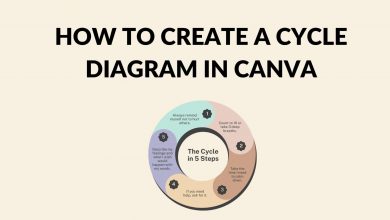The Benefits of Homeownership: Building Equity and Financial Stability

The Benefits of Homeownership: Building Equity and Financial Stability
Introduction
Homeownership is a dream for many people. It not only provides a sense of pride and stability but also comes with a range of financial benefits. In this blog post, we will explore the advantages of homeownership, specifically focusing on building equity and financial stability.
Building Equity: What Is It?
Equity is the difference between the value of your home and the amount you owe on your mortgage. As you make regular mortgage payments, the equity in your home increases over time. This is a key advantage of homeownership as it allows you to build wealth and increase your net worth.
The Advantages of Building Equity
- Increased Net Worth: Building equity in your home is like saving money each month. As you pay off your mortgage, your net worth grows, providing you with a valuable asset.
- Borrowing Power: The more equity you have, the easier it becomes to secure loans or access lines of credit in the future. Lenders view homeowners with equity as more financially stable and creditworthy.
- Flexibility: Building equity gives you the option to tap into your home’s value through a home equity loan or line of credit. This can be used for home renovations, education, or other financial needs.
Financial Stability: How Homeownership Provides It
Homeownership offers numerous financial stability advantages that renting simply cannot match.
Monthly Mortgage Payments vs. Rent
While renting may seem cheaper in the short term, long-term financial stability is often better achieved through homeownership. Monthly mortgage payments build equity, unlike rent payments that provide no long-term benefits.
Tax Benefits
Homeownership offers valuable tax benefits that can contribute to financial stability. Mortgage interest and property tax payments are often tax-deductible, reducing your overall tax liability and increasing your disposable income.
Frequently Asked Questions (FAQs)
1. Is homeownership within reach for everyone?
Owning a home is a goal that many people can achieve. With various financing options, down payment assistance programs, and government-backed loans, homeownership is within reach for a wide range of individuals and families.
2. How does homeownership contribute to financial stability?
Homeownership provides financial stability through building equity, which increases your net worth. Monthly mortgage payments also offer long-term benefits compared to rent payments, and homeownership offers valuable tax benefits.
3. Can homeownership help me build wealth?
Yes, homeownership is a proven wealth-building strategy. As you pay down your mortgage and build equity, you are essentially investing in an asset that can appreciate over time. This accumulation of wealth can provide long-term financial security.
4. What if I can’t afford a large down payment?
There are various options available for those who can’t afford a large down payment. Programs like FHA loans offer low down payment requirements, and some states and organizations provide down payment assistance. Consulting with a mortgage professional can help you explore these options.
5. Are there any hidden costs associated with homeownership?
While homeownership comes with costs beyond the monthly mortgage payment, such as property taxes, insurance, and maintenance, these expenses are often outweighed by the benefits of building equity and long-term financial stability.
Conclusion
Homeownership brings numerous advantages, particularly in terms of building equity and achieving financial stability. It offers a path to increase your net worth and provides long-term financial benefits that renting cannot match. With various financing options and programs available, homeownership is within reach for many individuals and families. Consult with professionals to explore your options and start building your wealth through homeownership today!
By incorporating H1, H2, and H3 tags to structure your content, you prioritize the important headings and subheadings of your blog post. Additionally, providing FAQs and their answers helps answer common reader questions, making your blog post more valuable and informative.



